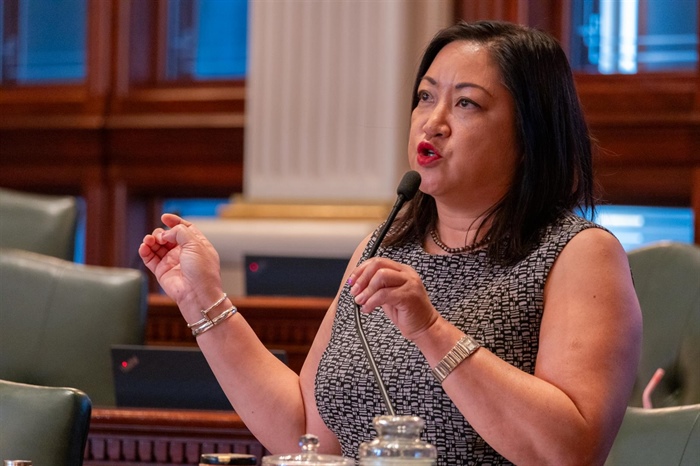But some service providers say they’ll be forced to lay off staff without increased state and federal support
After years of negotiations and continued opposition from service providers, Illinois appears poised to prohibit employers from using a federal exemption that allows them to pay individuals with disabilities less than the minimum wage.
The federal Fair Labor Standards Act of 1938 established minimum wage law, but created an exemption for businesses, rehabilitation and residential care facilities to pay disabled workers less than minimum wage if they obtain a special certificate permitted in Section 14(c) of the law. This “commensurate wage” is based on the worker’s individual productivity in proportion to the wage and productivity of workers who do not have disabilities but are performing the same or a similar task.
Disability providers in Illinois offer various programs aimed at helping individuals become as independent as desired by teaching essential life skills. Some provide “sheltered work,” which is employment outsourced by a business to a facility with a 14(c) certificate. The facility pays their workers the commensurate wage, rather than minimum wage.
House Bill 793, which passed the House 78-30 on Thursday night, would prohibit companies from holding 14(c) certificates beginning in 2030 – a timeline that was extended in a late amendment to garner further support, including from Republicans.

